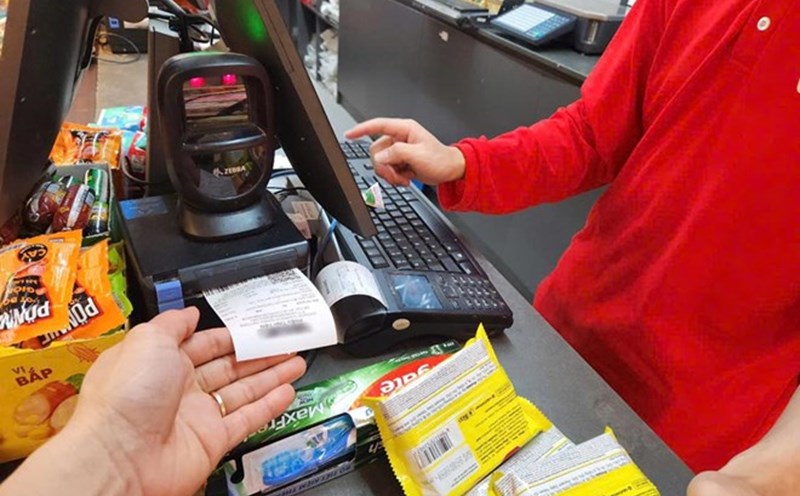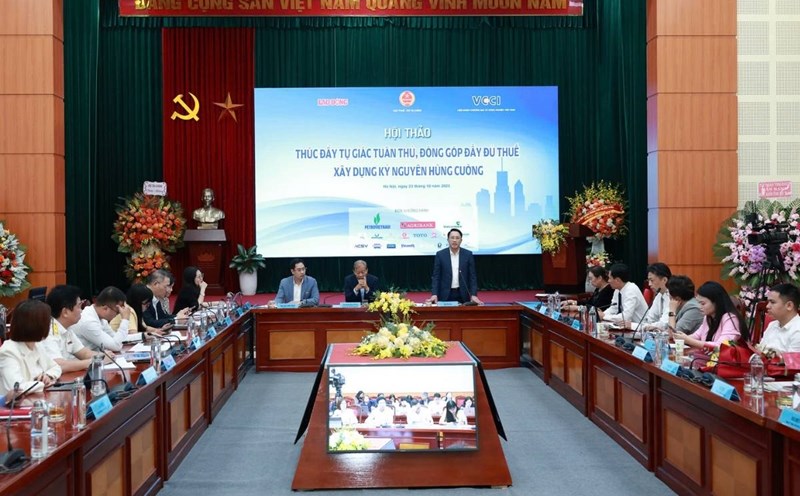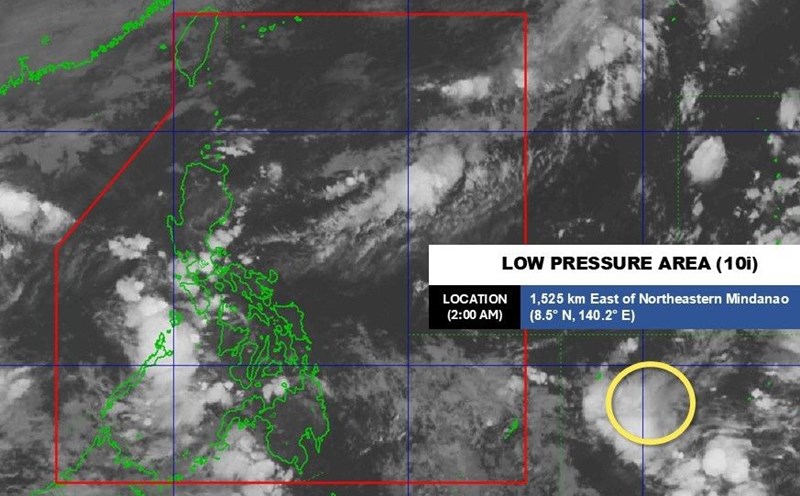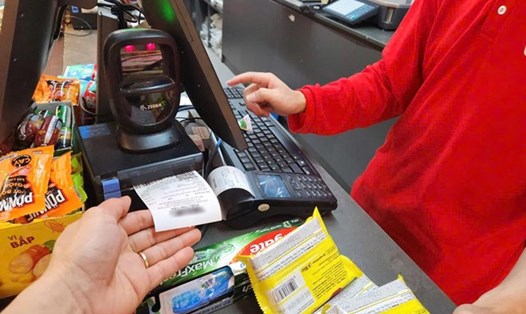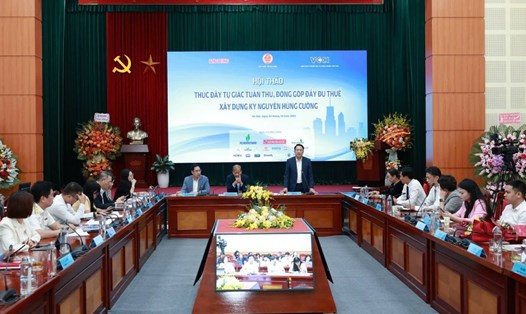Business households need to proactively monitor revenue
The elimination of contract tax, the shift to declaration and the application of a new tax management model is considered an important reform step towards a fair and transparent tax system.
The new regulation also forces business households to be more proactive in monitoring revenue and declaring tax obligations. If from a management perspective, the tax authority has shifted from "responsibility" to "responsibility", then on the taxpayer's side, the spirit of self-awareness and the ability to monitor revenue are the decisive factors for the policy to operate effectively.
Ms. Le Yen, Director of Hanoi Tax Consulting Company (Hanoi Tax) said that when the policy of converting the tax management model for business households was issued, self- monitoring of revenue and adjusting the declaration method was a decisive factor to avoid the risk of violations.
According to Decision 3389/QD-BTC, business households are divided into 3 groups according to revenue with different tax declaration and payment mechanisms.
In particular, Ms. Yen warned about some risks for group 1 - which are business households with a revenue of less than 200 million VND/year. This group is exempt from value added tax and personal income tax. They also do not need to apply complicated accounting books but still have to make periodic declarations.
However, the biggest risk at present is that many households with "wavy" revenue around this threshold are easily transferred without being able to recognize it. When the revenue exceeds 200 million VND/year, the household will automatically switch to group two and must use electronic invoices from the cash register, and must record a complete accounting book according to regulations.
"Many cases still registered in group one, but the actual revenue has increased to group two, causing businesses to violate without knowing it. As soon as the revenue threshold is exceeded, the mandatory regulation will be activated immediately, Ms. Le Yen noted.
Therefore, Ms. Le Yen emphasized that business households need to maintain regular records and monitoring to know when the threshold of 200 million VND/year will be exceeded in order to promptly adjust the tax calculation method. "Not closely monitoring revenue can cause households to be transferred to other groups without being able to prepare in time" - she warned.
Tax sector deploys three groups of support solutions
In the speech of the Tax Department at the Workshop "Promoting self-compliance and full tax contributions - Building a strong era" co-chaired by Lao Dong Newspaper and the Tax Department - Ministry of Finance, co-organized by the Vietnam Federation of Commerce and Industry (VCCI) on October 23, 2025, the Tax Department said that the shift from the contract tax method to declaration marks a change in approach and confidence. Instead of the tax authority fixing the tax rate according to estimates, the new method puts the trust in taxpayers self-declaring and self-paying taxes based on actual revenue.
According to Decision No. 3389/QD-BTC of the Ministry of Finance, the declaration method brings three clear benefits: simpler with the formula for calculating taxes based on actual revenue multiplied by the tax rate by industry; more transparent when all data is recorded and verified via electronic invoices; and easier to predict to help business households proactively plan finances.
The representative of the Tax Department said: "Whoever has a small business should pay less, whoever has a large business should pay the correct portion, ensuring fairness and transparency among business households". This is the spirit of fairness that the declaration method aims to achieve, overcoming the limitations of the previous contract tax system.
Regarding the ability to forecast and proactively plan, tax declaration helps business households regularly monitor revenue, expenses, profits and losses right on the electronic system, thereby making financial plans and adjusting business activities in a timely manner.
A representative of the Tax Department said that business households no longer have to speculate but can proactively calculate tax obligations, estimate costs, and expand or narrow the scale to suit reality. When data is digitized and connected, tax authorities also shift from management - inspection to support - service, creating a foundation for a culture of voluntary compliance.
To ensure the conversion process goes smoothly, the tax authority has implemented 3 groups of synchronous solutions:
The first is to perfect legal institutions, with the development of the Law on Tax Administration and amendments to the Law on Personal Income Tax expected to be submitted to the National Assembly at the October 2025 session. Guiding circulars and decrees are also reviewed to ensure consistency.
Second is to simplify procedures and develop smart electronic tax services. The smart electronic declaration system has been developed with the ability to automatically fill in information, businesses only need to check and confirm.
The third is to innovate propaganda and support work, with the establishment of Working Groups to support business households in conversion in all localities, combining the application of AI technology and Chatbot.

